There are millions of people infected worldwide as a result of the COVID-19 virus outbreak. Although the average survival rate after infection is as high as 98%, it has been discovered that after the infection period has passed, many patients' are unable to return their health to pre-infection levels. This problem is known as Long COVID Syndrome or Post COVID Syndrome.
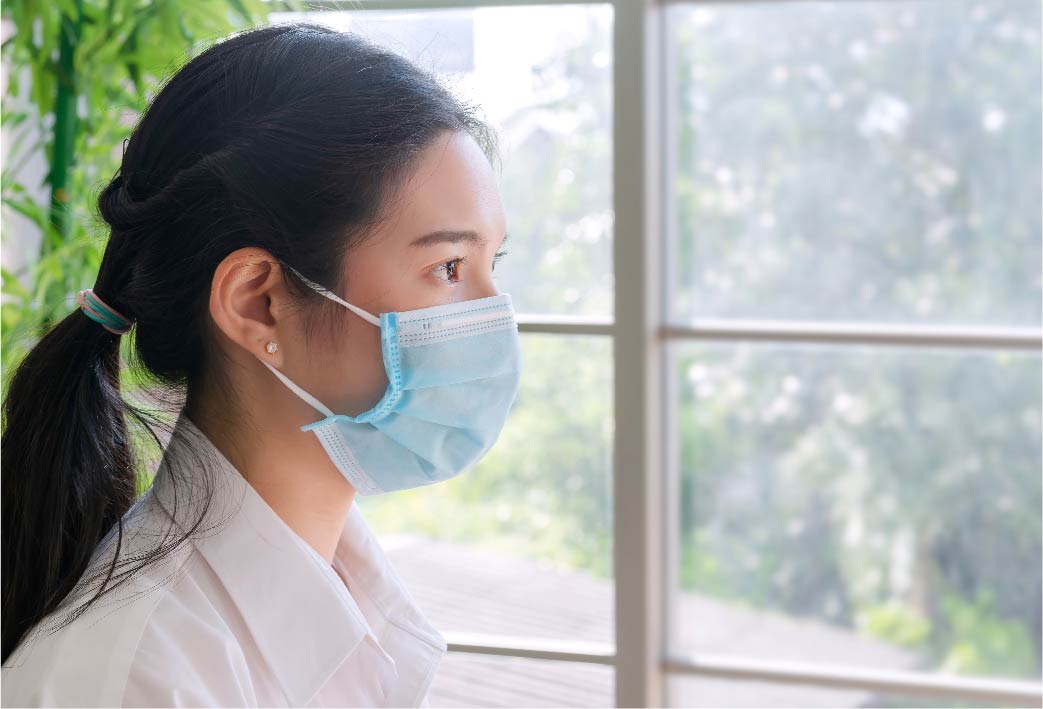
What symptoms are associated with Long COVID?
Even when the infection is no longer present in the body, patients frequently experience fatigue, muscle aches, pain in the body, shortness of breath, and an ongoing cough. Some people experience rashes and abnormal hair loss. Some people are more prone to sleeping problems, decreased memory and brain function, mood swings, anxiety, or depression. These symptoms can last for 4 to 24 weeks after infection. According to studies, the likelihood of such consequences can be as high as 80%, with varying degrees of severity.
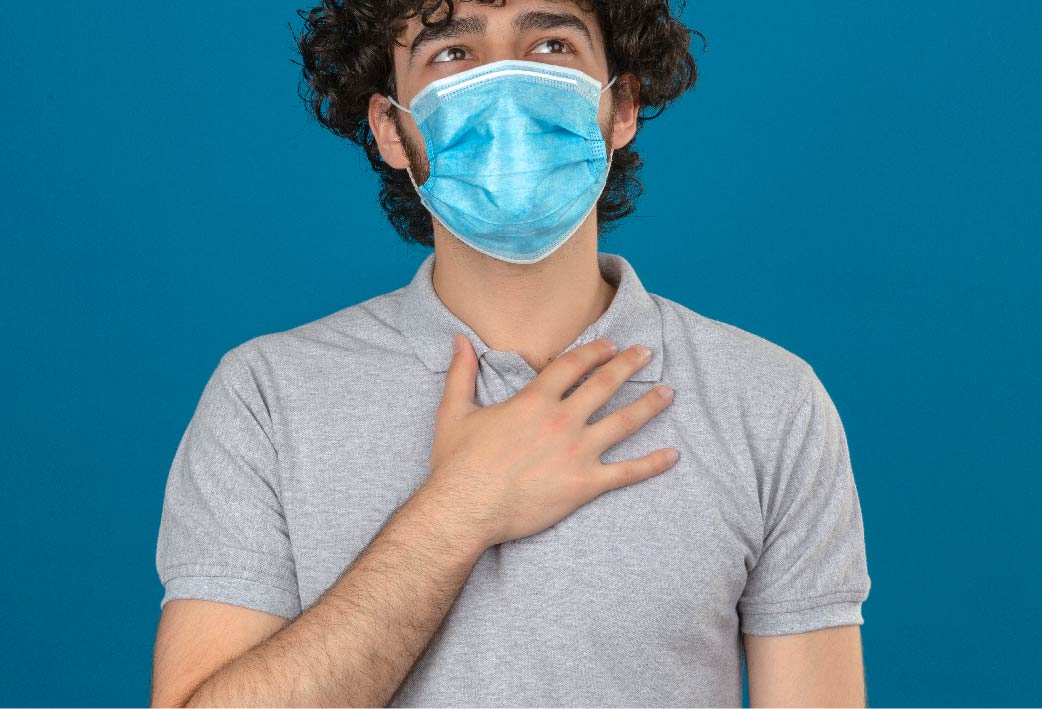
Why do patients who have recovered from COVID-19 have symptoms of Long COVID?
The cause of this Long COVID is currently thought to be caused by four major factors:
- After COVID-19 infection, the immune system becomes imbalanced, causing the body to build the immune system in order to destroy its own tissues. (Autoimmunity)
- After being infected with COVID-19, the patient's body still contains virus fragments (Viral Shedding), causing chronic inflammation to reoccur.
- Infection-induced injury and deterioration of body tissues such as the lungs, blood vessels, liver, or kidneys.
- Inflammation, stress, and steroid use during treatment all have an impact on the function of adrenal hormones, resulting in adrenal fatigue.
The following conditions will be diagnosed based on a history and physical examination, which will include a blood test, immune-response, inflammation, and hormone diagnostics post-infection.
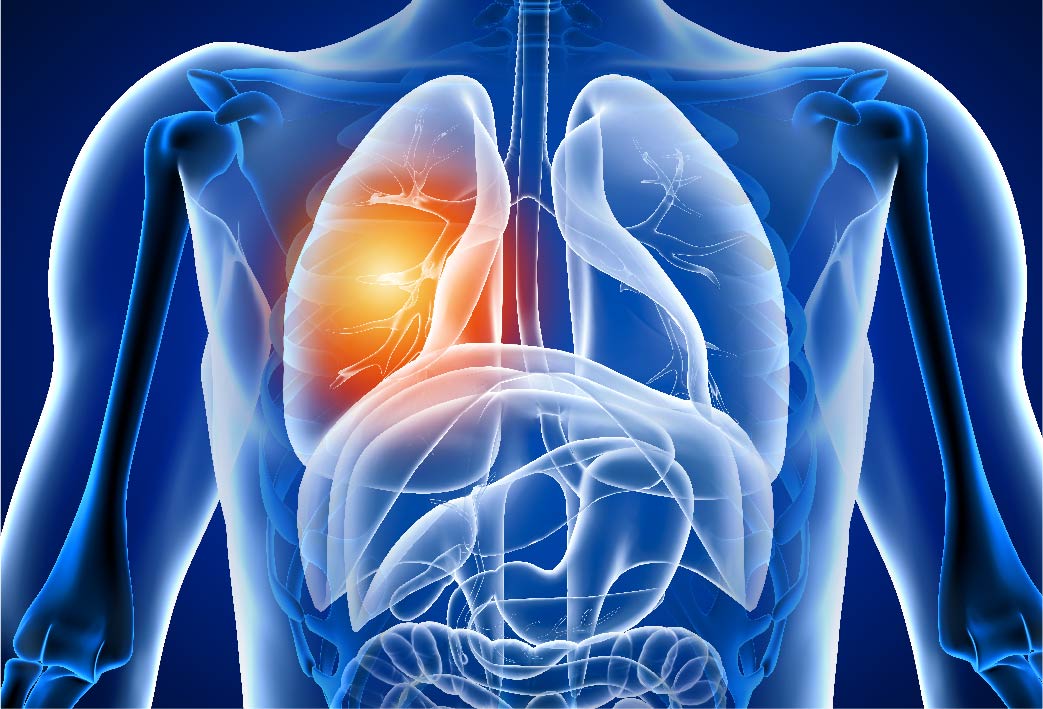
Boosting Health post COVID-19 recovery and managing Long COVID
Managing Long COVID requires the integration of various health practices and the application of understanding and knowledge of the disease. Below are some examples of medicaments and therapies that may assist in managing Long COVID.
- Using drugs that have anti-inflammatory properties, such as steroids.
- Using of phytochemicals with anti-inflammatory properties, anti-oxidant and balance the immune system
response with supportive medicaments such as EGCG in green tea, Curcumin extract from turmeric,
Bromelain extract from pineapple core, Astaxanthin from red algae, Resveratrol from grape peel,
Quercetin in shallot peel and more.
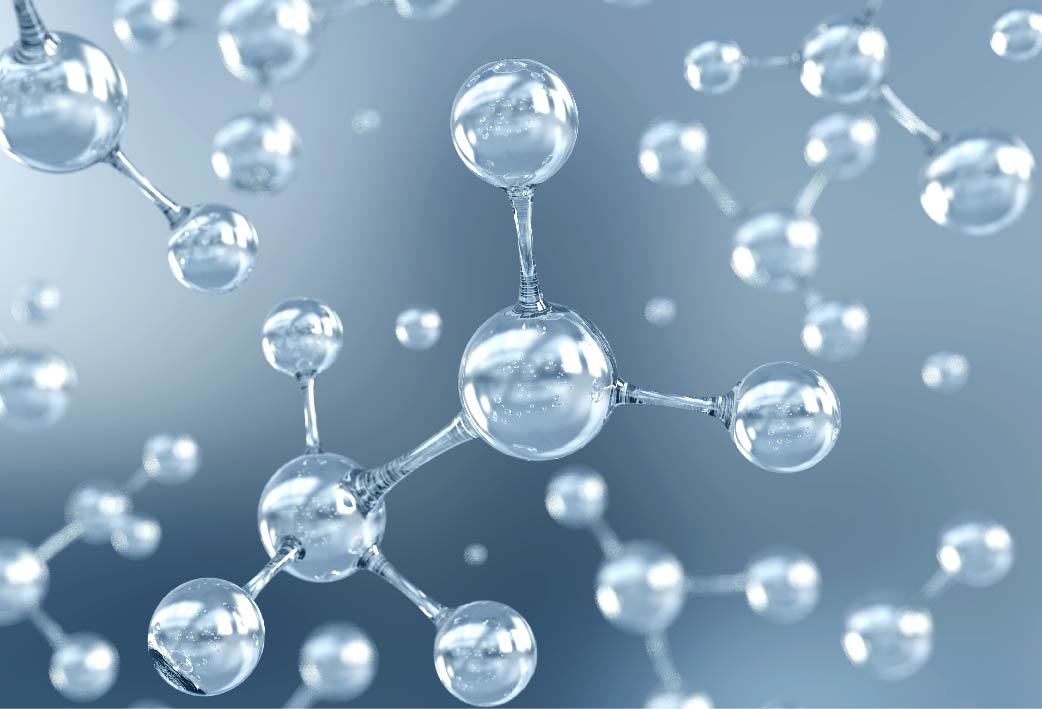
- Astragalus extract, a Chinese herb, aids in the function of the enzyme Thelomerase, which aids in cell regeneration. Cordycepin in cordyceps also helps to provide energy to cells and can aid in lung rehabilitation.
- The use of amino acid and fatty acid supplements, as well as vitamins such as vitamin B and minerals, helps to support the function of cellular energy generation, reduces inflammation, and can help reduce chronic fatigue syndrome.
- Low Level Laser Therapy or Natural Light Therapy uses light particles to activate enzymes in mitochondria, allowing each cell to produce energy and reduce fatigue.
- Because of its anti-inflammatory effect, studies have shown that Ivermectin may be beneficial in Long COVID. Furthermore, it has the ability to inhibit the Importin protein, preventing the remaining virus from penetrating the cell nucleus and multiplying.
- The use of adrenal hormone replacement supports the body from hypothermia when the adrenal glands are still tired from inflammation and infection.
- Acupuncture therapy or use of nutrients to stimulate the acupuncture points is another technique that is
effective in stimulating cell activities and the relief of various aches and pains.
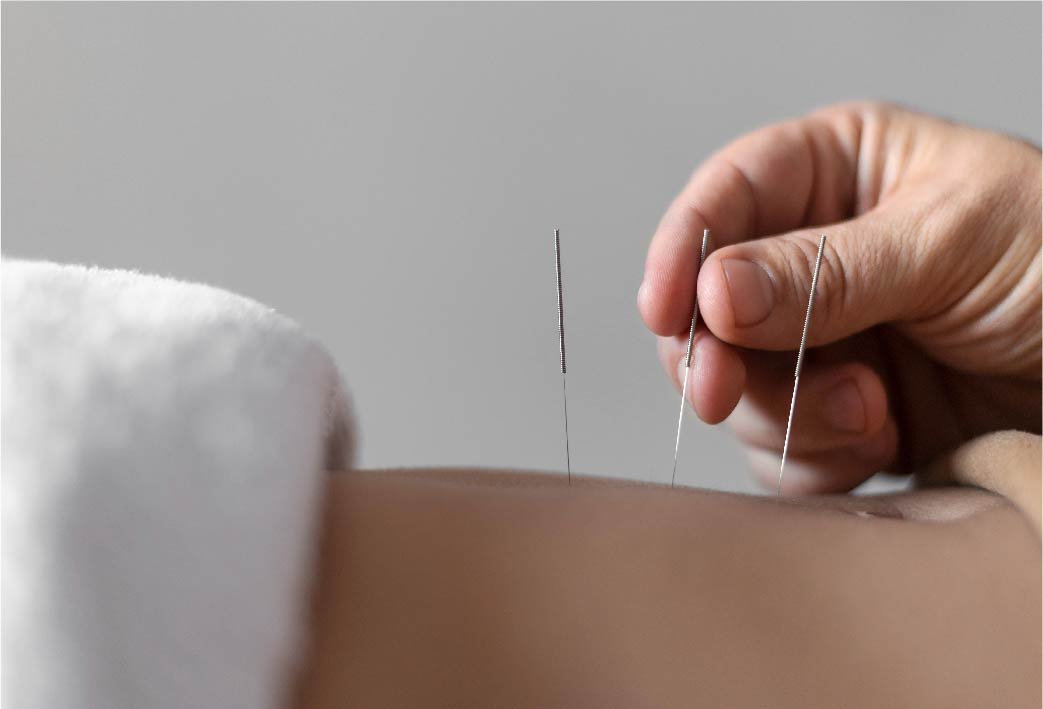
- Regenerative medicine, such as Mesenchymal Stem Cell Therapy or MSC for short, has been shown in studies to be an option. Its immune-balancing properties can also release Exosomes and Growth Factors, which can rehabilitate injured tissues, regenerate new tissues, and help the lungs recover after infection.
- Exercises to restore the function of the diaphragm and lung tissue by introducing activities such as Yoga,
Qigong, and Pilates can also bring health benefits.

- Meditation and music therapy before bedtime to adjust brain wave activities also help make the body calm and promotes regeneration.
All of the guidelines listed above are commonly recommended by Integrative physicians. They serve as a tool to aid in the management of people with Long COVID. When used correctly, it can be used to effectively manage and restore the patient to his or her pre-COVID condition.


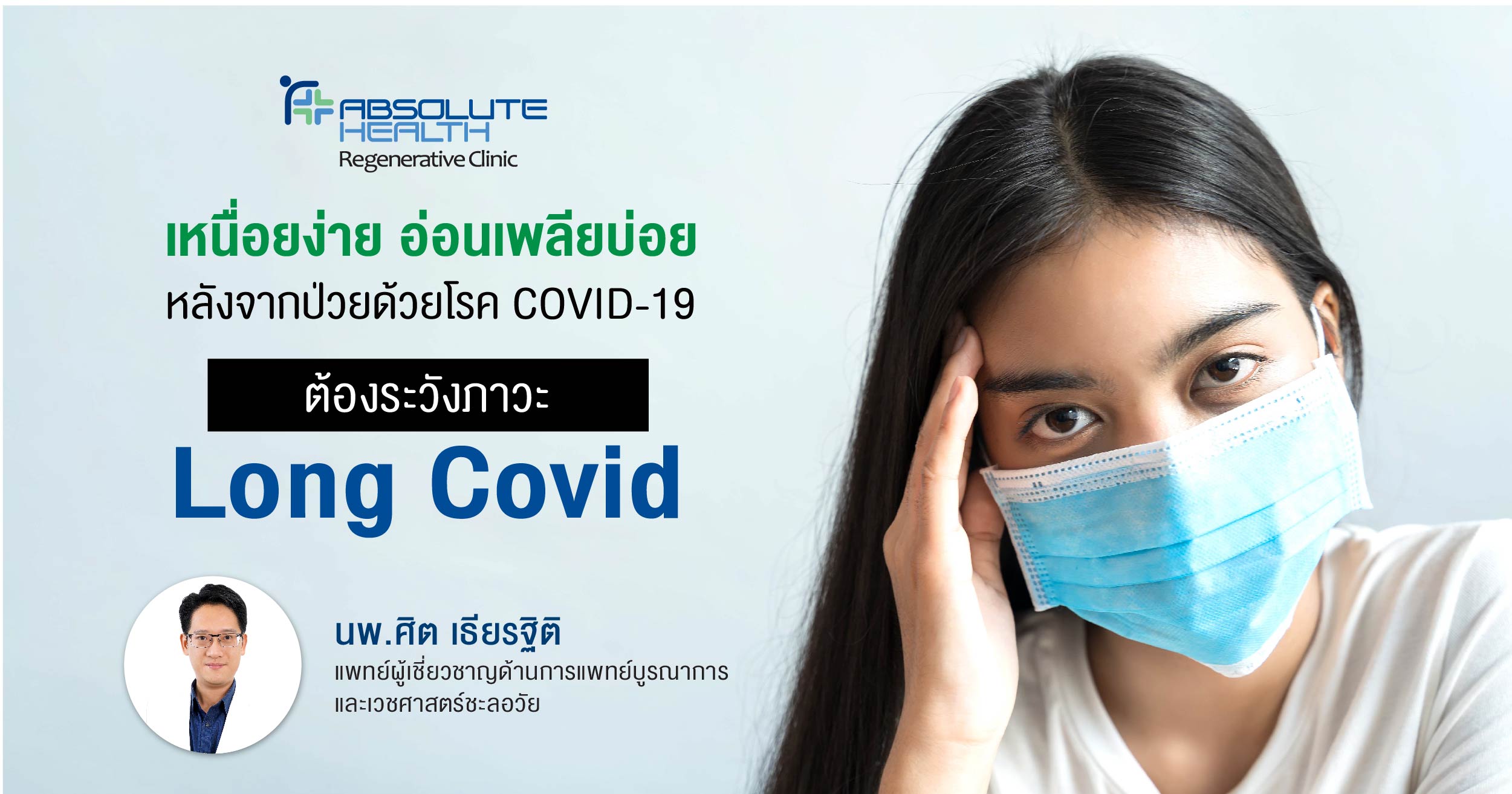

Sign In
Create New Account